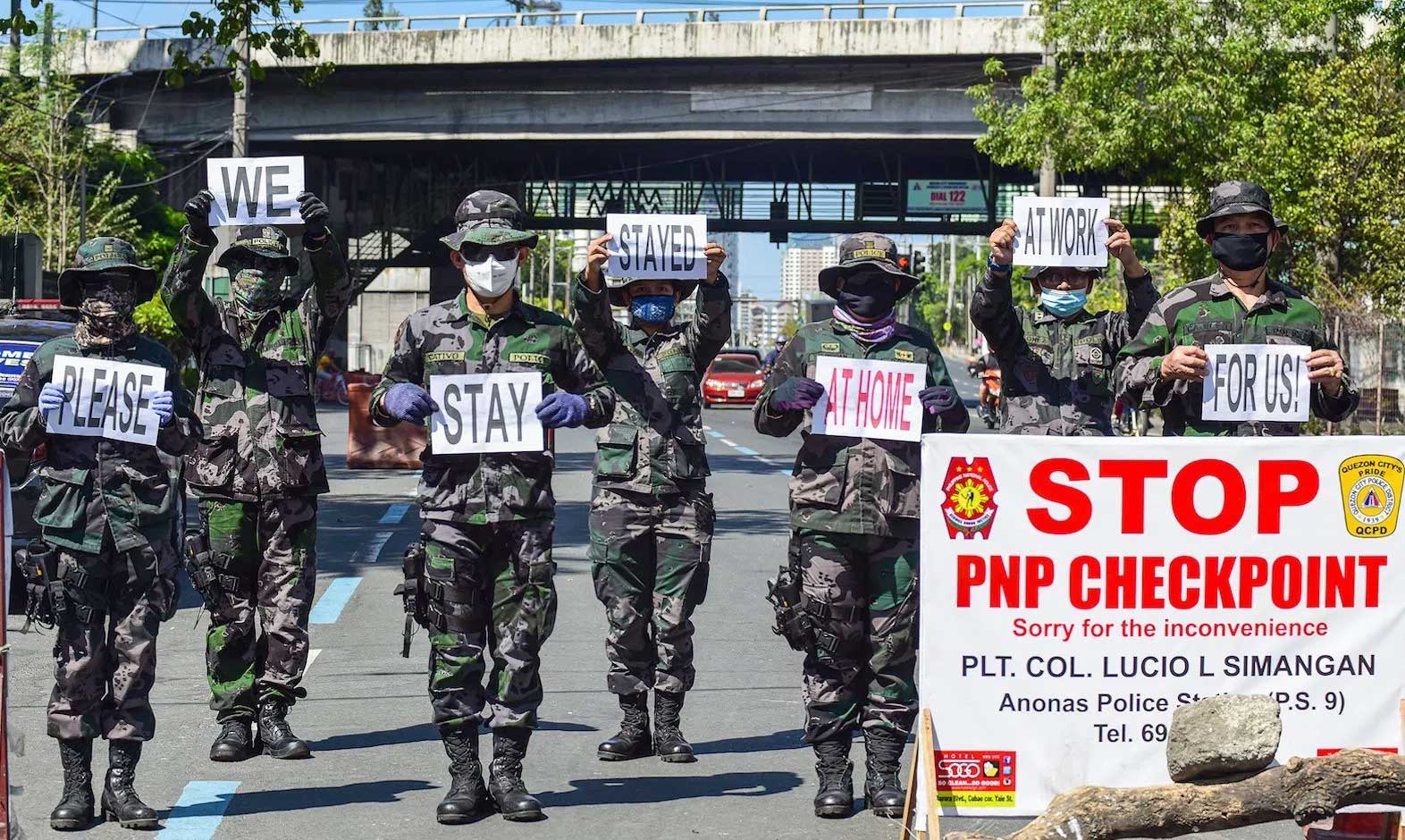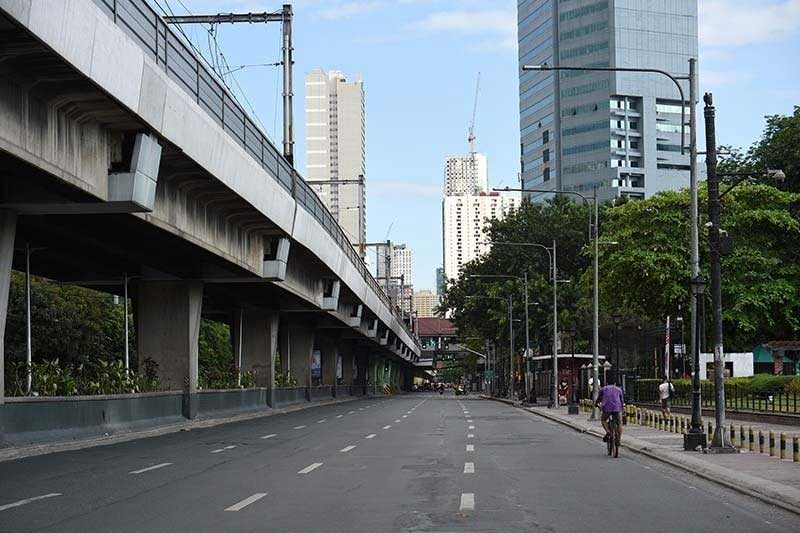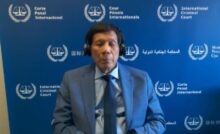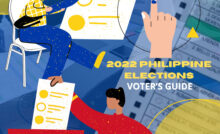A brief review: The Philippines and COVID-19 after a year in lockdown


March 15, 2021 — It has been exactly a year since President Rodrigo Roa Duterte placed mainland Luzon under Enhanced Community Quarantine (ECQ), which was then extended to the rest of the Philippines as the COVID-19 cases continued to spread. Over the past months, the quarantine restrictions have eased, focusing mainly on COVID hotspots, but has not been lifted entirely, making it the longest lockdown period for any country across the globe.
Despite it only being a year, a lot has happened since, from blunders and questionable actions to progressive efforts that strengthened the country. The Filipino people have indeed endured and remained resilient. As we mark the anniversary of this year-long lockdown, let’s look back at some of the things that had happened to help us get past the noise and see the important details.


COVID-19 Cases
By the time ECQ took effect on March 15, 2020, the Department of Health (DOH) already recorded 140 positive COVID cases and 12 casualties in the country. This is a far cry from the more than 600,000 positive cases to date, about 550,000 of which are fully recovered, with the total death toll rising to over 12,000 — the highest number of positive patients and deaths in the Southeast Asia region.
Even after a year of battle, the country has not been successful in flattening the curve. With the new COVID-19 variants being detected in the country, daily confirmed cases have once again soared, recording over 5,000 new cases — the highest number since August 2020.
COVID Response
While the rest of the Asia Pacific region remained ahead of the game in containing and combatting the pandemic through medical procedures, the Philippine government took a different approach with the late announcement of a travel ban locally and internationally. Military and uniformed personnel have also been deployed on every city border to ensure that residents stay indoors and within their respective areas.
It was only months later when the country’s pandemic response started to pick up with more quarantine facilities and referral hospitals and centers available to treat COVID patients and suspects. This was also with strong support from both the local government units and the private sector as they launched their own initiatives and efforts such as procurement of needed tools and equipment, enacting their own policies, and conducting their own mass testings.
More contact tracers have also been trained and deployed to strengthen the DOH’s Trace, Treat, Test (T3) campaign, as the government continued to remind the public to practice the minimum health standards including wearing of face masks and face shields, staying indoors, and physical distancing.
Economic Impact
When the government decided to place the country under ECQ, this froze much of the country’s economic activity as it only allowed industries that it deemed essential to function. Big companies were forced to downsize, while smaller once had to stop operations temporarily with some permanently. Because of this, the country’s unemployment rate soared at 17.7% with 7.3 million Filipinos out of jobs in April while recording a -16.5 percent growth in Gross Domestic Product (GDP) during Q2 2020.
As quarantine restrictions eased, many industries have been allowed to open up again to resuscitate the local economy. As of January 2021, the Philippine Statistics Authority (PSA) recorded about 4 million Filipinos who remain out of jobs. While this is significantly lower than 2020 figures, the PSA said that it has worsened as it only recorded 2.4 million during the same period last year.
Philippine ‘Debt Toll’
The Philippines as well as its government was ill-prepared to curb the economic impact of the COVID-19 pandemic. As a result, it has borrowed money from different agencies like the Asian Development Bank (ADB), World Bank, Development Bank of the Philippines (DBP), Banko Sentral ng Pilipinas (BSP) and many other institutions. As of September 2020, the country had had a total debt toll amounting to Php 9.369 trillion.
As of January 2021, the national government’s debt has ballooned even further with Php 10.33 trillion. This doesn’t even include the recent loan approval amounting to USD 900 million or Php 46.3 billion from ADB and the World Bank to buy and procure vaccines.
Vaccination Program
Since the pandemic began, talks about the COVID-19 vaccine have been active as many countries and brands took part in spearheading their own research, development, and trials. Finally, the Philippines is on track with its own vaccination program, but it’s led by the private sector and the respective local government units.
Companies and LGUs have taken the responsibility to procure for their own vaccines as the national government lacked a proper plan of action when it comes to vaccine deployment. Despite its debt increasing rapidly, the government has relied on China’s donation of Sinovac vaccines to be distributed among health workers as the DOH failed to secure other vaccine brands during the early negotiations.
There are a lot more pertinent news that have impacted the country such as the missing Php 15 billion PhilHealth contributions (which were reportedly liquidated), the shutdown of ABS-CBN, government actions like the approval of the Anti-Terror Law and the release of US Marine Joseph Scott Pemberton, arrest of protesters and killing of activists, red-tagging of celebrities and private citizens, even the recent misencounter between the Philippines National Police and the Philippine Drug Enforcement Agency.
A year has already passed and yet, it seems like history is simply repeating itself. Today, the unified curfew in Metro Manila will once again be in effect in Metro Manila while several local governments have already started implementing localized lockdowns in different barangays where COVID cases are rising at an alarming rate.
Despite the blunders that the Filipino has faced, all we can do at the moment is to remain vigilant, practice minimum health standards, and make sure that we keep ourselves and our friends and families in check. The challenging time is only expected to continue, so until we achieve herd immunity from COVID-19, stay safe and negative!
Read also:
Recent Posts
Reflections on AI in Education: A Path Forward
Last Friday, May 16, I attended the 16th Innotech International Conference of SEAMEO at the…
UNICEF, DBM & EU launch finance program for Filipino children
UNICEF, in partnership with the Department of Budget and Management and the European Union, announced…
‘My Dream in a Shoebox’ marks 16th year, celebrates support of partners
My Dream in a Shoebox (MDIAS), the annual advocacy campaign of award-winning strategic marketing agency…
Cloud-based AI prone to toxic combinations, leaves sensitive data vulnerable: report
Cloud and AI are undeniable game changers for businesses. However, both introduce complex cyber risks…
Timeline of The Punisher’s arrest: What happened and what comes next?
March 11, 2025 will be a day many will look back on. On that Tuesday,…
A first in PH: Agri company earns ‘reared without antibiotics’ certification
You’ve probably heard of poultry raised in stress-free environments, but have you heard of poultry…


